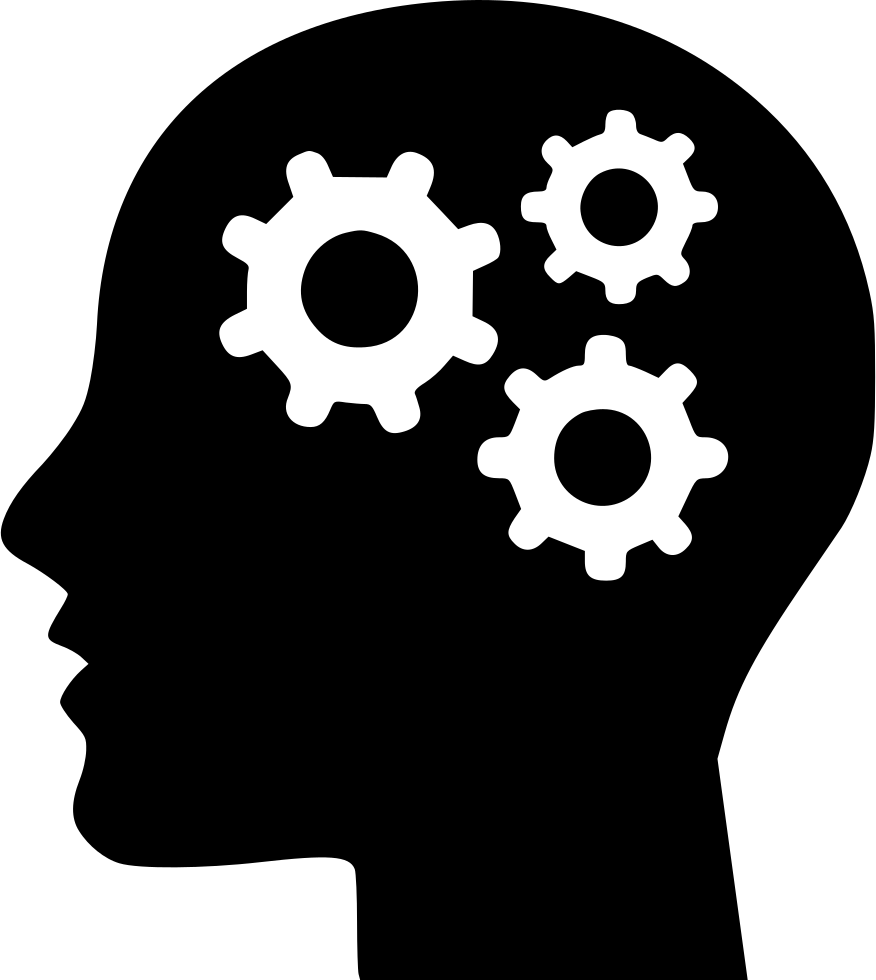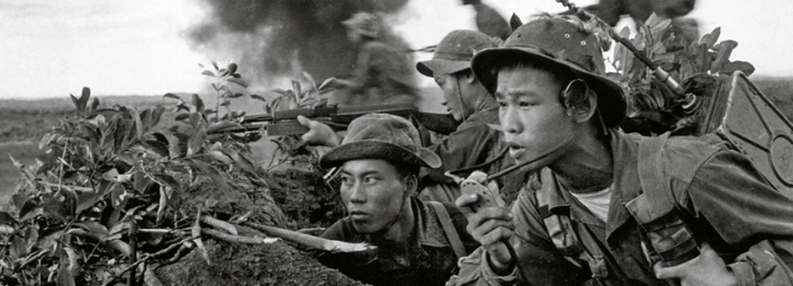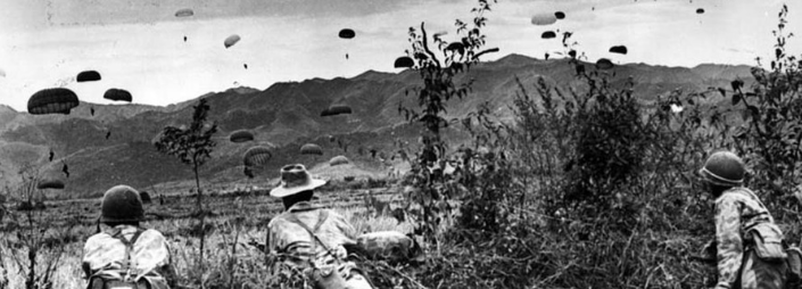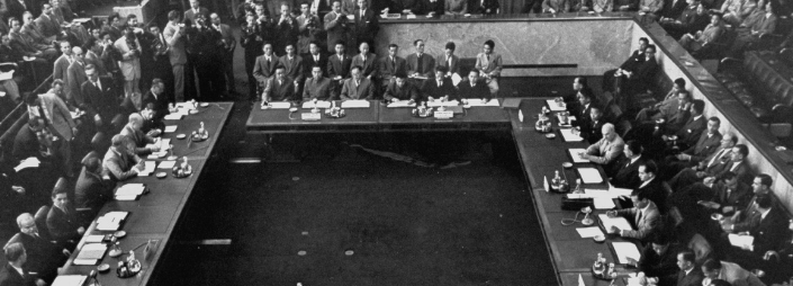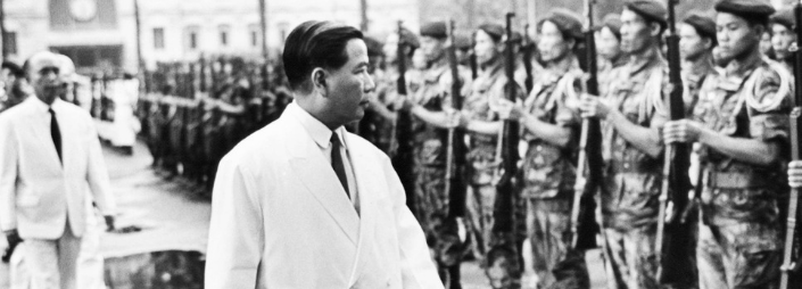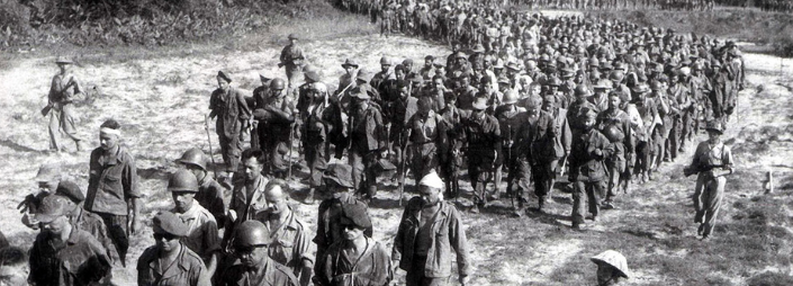Unit Outline
Known as the Anti-French Resistance War in Vietnam, the First Indochina War began on 19th December 1946 and lasted until 20th July 1954. It saw Vietminh forces led by the communist Ho Chi Minh defeat French colonial forces. The war resulted in the creation of the Democratic Republic of Vietnam (DRV) in North Vietnam above the 17th parallel, whilst south of this the State of Vietnam led by ex-Emperor Bao Dai was formed with French and US support. Unlike the Malayan Emergency, the Indochina War was a successful anti-colonial conflict.
The decisive French defeat in 1954 at the Battle of Dien Bien Phu had vast repercussions for the Cold War in Asia. As a military conflict, it also serves as a negative example of how counter-insurgency operations (COIN) can fail. It also reveals the importance of political factors in resolving any armed conflict. As such, the statement of inquiry for this unit is:
The decisive French defeat in 1954 at the Battle of Dien Bien Phu had vast repercussions for the Cold War in Asia. As a military conflict, it also serves as a negative example of how counter-insurgency operations (COIN) can fail. It also reveals the importance of political factors in resolving any armed conflict. As such, the statement of inquiry for this unit is:
|
STATEMENT OF INQUIRY
The causes of military defeat can be analysed and applied across time and space, but if ignored can set the seeds for future conflict
GLOBAL CONTEXT
Orientation in Time and Space (Epochs, eras, turning points and “big history”) - Students will explore personal histories; homes and journeys; turning points in humankind; discoveries; explorations and migrations of humankind; the relationships between, and the interconnectedness of, individuals and civilizations, from personal, local and global perspectives.
KEY HISTORY CONCEPT
Causation - Effective historical thinkers recognize that many claims made about the past seek to more thoroughly explain and understand how a certain set of circumstances originated. Deep historical understanding is demonstrated where students recognize that most historical events are caused by an interplay of diverse and multiple causes that require students to make evidence-based judgments about which causes were more important or significant, or which causes were within the scope of individuals to direct and which were not.
RELATED HISTORY CONCEPT(S)
Conflict - Conflict can develop from inequalities in distribution of power and may manifest itself in many forms: protracted disagreements or arguments; prolonged armed struggles; clashes of opposing feelings or needs; serious incompatibilities between two or more opinions, principles, or interests. Historians study conflict between individuals and societies over time and across place and space, and they also examine how conflicts can be sources of continuity and catalysts for change.
|

